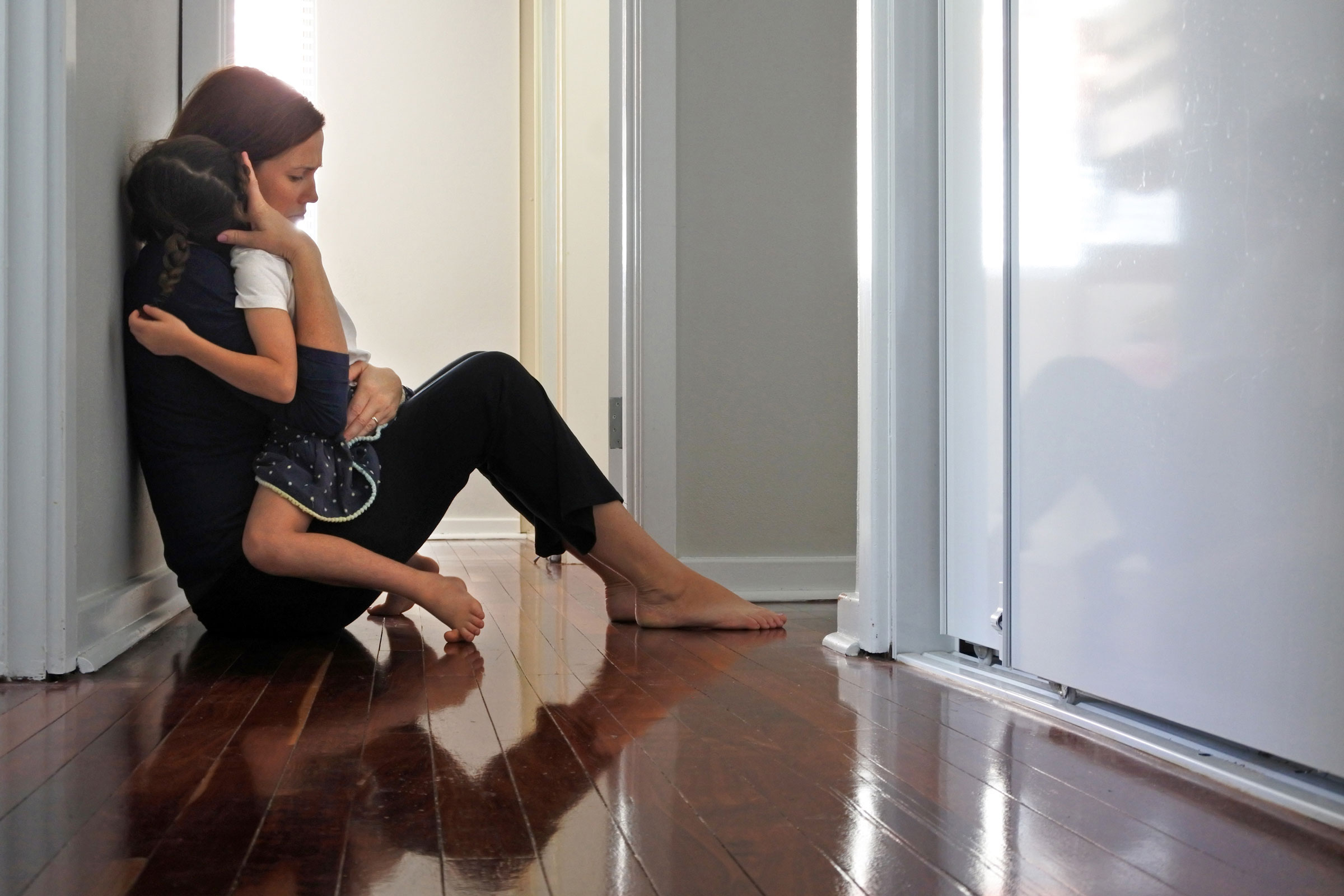How are you Coping? Mental Health in the Time of COVID-19

We have learned more about brain chemistry and mental health illness. But the stigma of being diagnosed with a psychiatric condition persists.
“We’ve made some progress in the past 30, 40 years, but we still have some of those negative attitudes,” says Radu Saveanu, M.D. head of psychiatry and behavioral sciences at the University of Miami Health System. “Some still believe that it’s a kind of character flaw, that if you’re strong enough, you can conquer it.”
Consequently, these long-held misconceptions have often led to shame and resistance to seek help.
During the COVID-19 pandemic, when reports show that anxiety and stress has worsened among adults and children, those attitudes can be particularly problematic.
A new Centers for Disease Control and Prevention (CDC) survey revealed that more than 40% of U.S. adults experienced some form of “elevated” mental health condition associated with the coronavirus in late June. Of those, almost 31% reported anxiety or depression symptoms and 26% symptoms of trauma or stressor-related disorder. Slightly more than 13% said they had either started or increased substance abuse to cope with their emotions. Minorities, younger adults, essential workers, and adult caregivers were disproportionally affected, reporting significantly higher risk for suicidal ideation.
Published online in the CDC’s Morbidity and Weekly report, the study recommends a more robust public response in prevention and intervention. “Addressing mental health disparities and preparing support systems to mitigate mental health consequences as the pandemic evolves will continue to be needed urgently,” the authors conclude.
Children’s mental health is concerning experts.
A Gallup poll of parents with school-aged children found that 29% say their child is “already experiencing harm” to their emotional health because of physical distancing and closures. Another 14% believed their kids could continue physical distancing for only a few more weeks until their mental health suffered
These reports don’t come as a surprise to clinicians who have fielded calls.
After all, the toll of the pandemic is more than physical.
As school and social activities remain restricted and high unemployment lingers, the helplessness and hopelessness that accompany isolation and financial insecurity will inevitably become a public health problem.
More worrisome: “those who need help won’t get it because of the pandemic,” adds Dr. Saveanu, adding that fear of contracting COVID-19 may add yet another obstacle to accessing treatment.
However, there are ways to offset the pandemic’s impact on our mental health and that of our children.
- Don’t be embarrassed to seek help. Dr. Saveanu suggests starting with your general practitioner. “About 65% of mental health care is provided by primary care physicians,” he says, “and that’s entirely appropriate.” More severe disorders will be referred to psychiatrists.
- Take your medications, if prescribed.
- Stay connected even as you physical distance. “Human contact is very important,” Dr. Saveanu says. “You need someone to share your fear, your anger, your hopelessness. Someone who will listen.”
- Find ways to make life as normal as possible in these fraught times. A new routine can help. Zoom calls with friends might provide an outlet.
- Remember that parental distress is often related to children’s heightened anxiety or stress. So make sure to look after your stress levels and seek psychological care for your child if you notice an increase in distress or unhealthy behavior.
- Practice self-care. Cultivate optimism and healthy family relationships. Research shows these help kids adjust to the stress and trauma of this crisis.

Ana Veciana-Suarez, Guest Columnist
Ana is a regular contributor to the University of Miami Health System. She is a renowned journalist and author, who has worked at The Miami Herald, The Miami News, and The Palm Beach Post. Visit her website at anavecianasuarez.com or follow @AnaVeciana on Twitter.
Tags: COVID-19, mental health, Radu Saveanu
